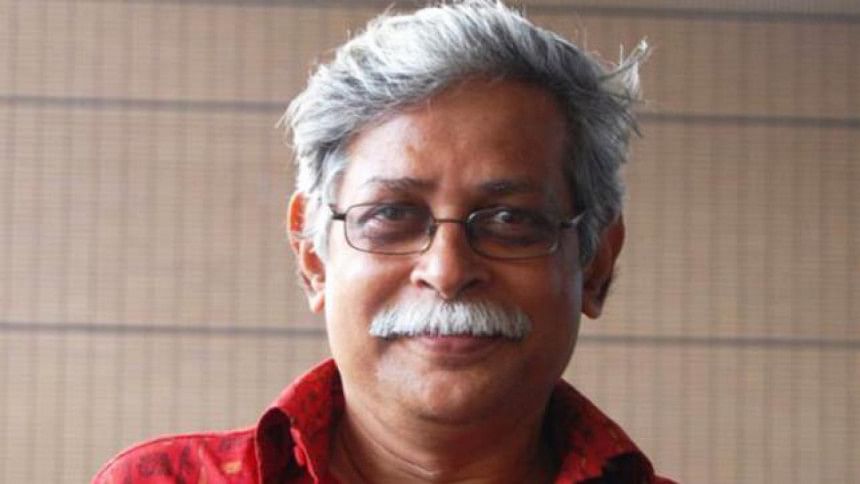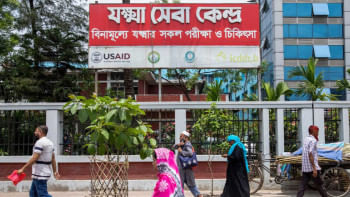Must everything be politicised?

Every time an incident of militancy or extremist violence occurs in the country, the matter enters the realm of politics with the predictable mutual blame game between the AL and BNP. One accuses the other of either complicity, or commission or act of omission, for the incident. This time too, very soon after the attack on Dr Zafar Iqbal,the BNP General Secretary accused the AL of fishing in troubled waters. The AL general secretary retorted, terming the BNP as patron of the plotters. In turn, the BNP attributed the attack to what it called the misdeeds of the government.
Both the comments are outlandish at best in their substance. Can anyone rationalise why Dr Iqbal, the unfortunate victim of a heinous attack, should pay for whatever wrongs the government has done? And it seems that the AL general secretary is steps ahead of the investigating agencies in identifying the masterminds of the attack.
When the investigating agencies have their finger on the likely group behind the attack, and the prime minister confirms that in her statement, such statements diminish the gravity of the matter. But not only that, politicisation of a serious matter such as this attack also detracts the investigating agencies from their primary task of investigation and arrest, and protects the actual perpetrators.
In the past, every time a major incident occurred, it was followed by a spate of mutual recriminations, accusations and allegations, much before the investigating agencies have had time to even start their job. If BNP was accused of patronising militancy, it in turn blamed AL for capitalising on it. The habit of politicising everything that happens in the country must stop, particularly, making uninformed and out-of-turn partisan comments regarding a serious issue like militant violence. If politicians cannot understand the ramifications of such comments, who will?

 For all latest news, follow The Daily Star's Google News channel.
For all latest news, follow The Daily Star's Google News channel. 



Comments